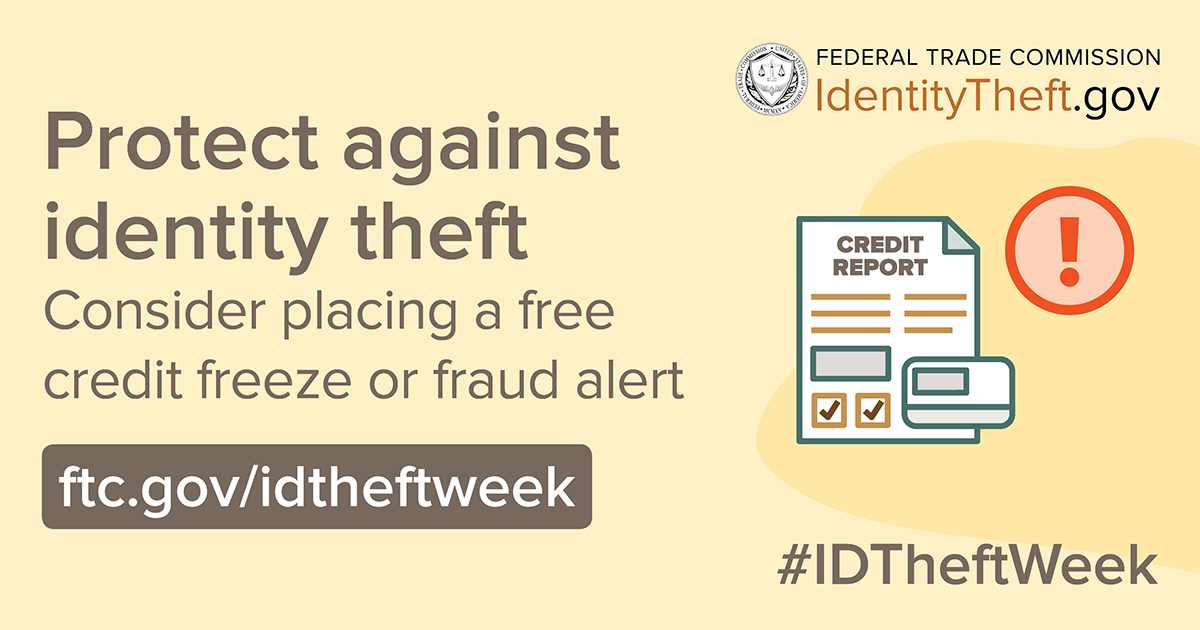Wednesday, December 28, 2022
Friday, December 23, 2022
Perkins Library | Reading Materials | Newsline Talking Newspaper Service | Equipment | Who Is Eligible | How To Apply
The Perkins Library loans audio, large print, and braille books and magazines along with playback equipment to eligible individuals who are unable to read print materials due to a visual, physical or reading disability and to organizations that serve them.
>>Click HERE to Download pdf or for Printable Version of Information Sheet>>
Wednesday, December 21, 2022
Thursday, December 8, 2022
Friday, September 30, 2022
Are you an older adult living at home? • Are you caring for a person with a disability? • Do you need help finding local services in the community? MASS OPTIONS Your link to community services
Are you an older adult living at home? • Are you caring for a person with a disability? • Do you need help finding local services in the community?
Friday, September 23, 2022
Federal Trade Commission - Consumer Information - Phone Scams
Every year, thousands of people lose money to telephone scams — from a few dollars to their life savings. Scammers will say anything to cheat people out of money. Some seem very friendly — calling you by your first name, making small talk, and asking about your family. They may claim to work for a company you trust, or they may send mail or place ads to convince you to call them.
If you get a call from someone you don’t know who is trying to sell you something you hadn’t planned to buy, say "No thanks." And, if they pressure you about giving up personal information — like your credit card or Social Security number — it’s likely a scam. Hang up and report it to the Federal Trade Commission.
By Mail: Federal Communications Commission
Consumer and Governmental Affairs Bureau
Consumer Inquiries and Complaints Division
45 L Street NE
Washington, DC 20554
>>Click HERE to Download or Read Printable Version (pdf)>>
Friday, August 19, 2022
Friday, August 5, 2022
Is a Credit Freeze or Fraud Alert Right for You?
>> Click HERE to link to Federal Trade Commission for Additional Info >>
 During Identity Theft Awareness Week 2022, we’ve talked about reducing your risk of identity theft. Credit freezes and fraud alerts can help. Both are free and make it harder for identity thieves to open new accounts in your name. One may be right for you.
During Identity Theft Awareness Week 2022, we’ve talked about reducing your risk of identity theft. Credit freezes and fraud alerts can help. Both are free and make it harder for identity thieves to open new accounts in your name. One may be right for you.
Credit freezes
A credit freeze is the best way you can protect against an identity thief opening new accounts in your name. When in place, it prevents potential creditors from accessing your credit report. Because creditors usually won’t give you credit if they can’t check your credit report, placing a freeze helps you block identity thieves who might be trying to open accounts in your name.
A freeze also can be helpful if you’ve experienced identity theft or had your information exposed in a data breach. And don’t let the “freeze” part worry you. A credit freeze won’t affect your credit score or your ability to use your existing credit cards, apply for a job, rent an apartment, or buy insurance. If you need to apply for new credit, you can lift the freeze temporarily to let the creditor check your credit. Placing and lifting the freeze is free, but you must contact the national credit bureaus to lift it and put it back in place.
Place a credit freeze by contacting each of the three national credit bureaus, Equifax, Experian, and TransUnion. A freeze lasts until you remove it.
Fraud alerts
A fraud alert doesn’t limit access to your credit report, but tells businesses to check with you before opening a new account in your name. Usually, that means calling you first to make sure the person trying to open a new account is really you.
Place a fraud alert by contacting any one of the three national credit bureaus. That one must notify the other two. A fraud alert lasts one year and you can renew it for free. If you’ve experienced identity theft, you can get an extended fraud alert that lasts for seven years.
Learn more about credit freezes, fraud alerts, and active duty alerts for service members. And, if identity theft happens to you, visit IdentityTheft.gov to report it and get a personal recovery plan.
Subscribe to:
Comments (Atom)





















